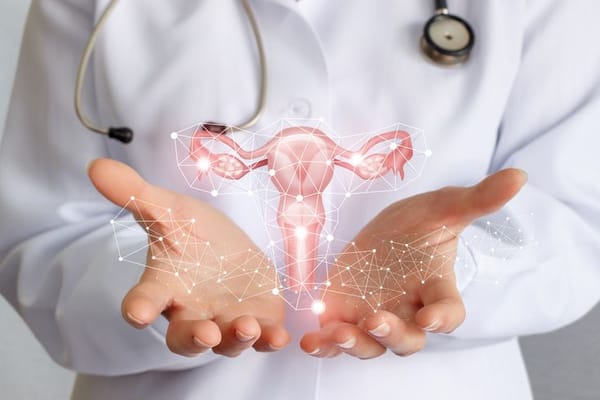When dealing with Polycystic Ovary Syndrome (PCOS), the ideal age to become pregnant is a complicated and unique factor. PCOS is a hormonal reproductive condition that can cause irregular periods, ovarian cysts, and difficulties with conception. The optimal age to conceive with PCOS depends on a number of factors, none of which can be determined with certainty.
1. Age and Fertility:
Fertility naturally declines with age for all individuals, and this is particularly relevant for those with PCOS. Women with PCOS often experience irregular menstrual cycles, making it crucial to be mindful of age-related fertility factors. Starting the conception journey in the early to mid-20s may be advantageous in overcoming potential age-related fertility challenges associated with PCOS.
2. Ovulatory Function:
PCOS frequently disrupts the normal ovulation process. Starting the conception process at a younger age allows individuals with PCOS to address ovulatory dysfunction early on. Regular ovulation is essential for achieving and maintaining a healthy pregnancy.
3. Lifestyle Factors:
Individuals with PCOS often face challenges such as insulin resistance, weight management issues, and higher levels of stress. These factors can further complicate fertility. Starting the journey to parenthood at a younger age provides an opportunity to implement lifestyle changes, such as maintaining a healthy weight through diet and exercise, which can positively impact fertility outcomes.
4. Consultation with Healthcare Professionals:
Before making decisions about when to conceive, individuals with PCOS should consult with healthcare professionals, such as reproductive endocrinologists or fertility specialists. These specialists can conduct fertility assessments, provide personalized advice, and offer guidance on optimizing the chances of a successful pregnancy.
5. Personal and Emotional Readiness:
Apart from biological factors, personal and emotional readiness for parenthood is crucial. While addressing PCOS-related challenges is essential, it's equally important for individuals to feel emotionally prepared for the demands of pregnancy and parenting.
It's essential to recognize that each person's journey with PCOS is unique. What may be suitable for one individual might not be the same for another. Seeking guidance from healthcare professionals and understanding one's specific circumstances is paramount. Additionally, advancements in reproductive medicine and fertility treatments offer options for those facing challenges related to PCOS, regardless of age.
In conclusion, the best age to get pregnant with PCOS involves a combination of factors including age-related fertility considerations, ovulatory function, lifestyle adjustments, and emotional readiness. Consulting with healthcare professionals and taking a proactive approach to address PCOS-related concerns can contribute to a more informed and successful journey to parenthood.







